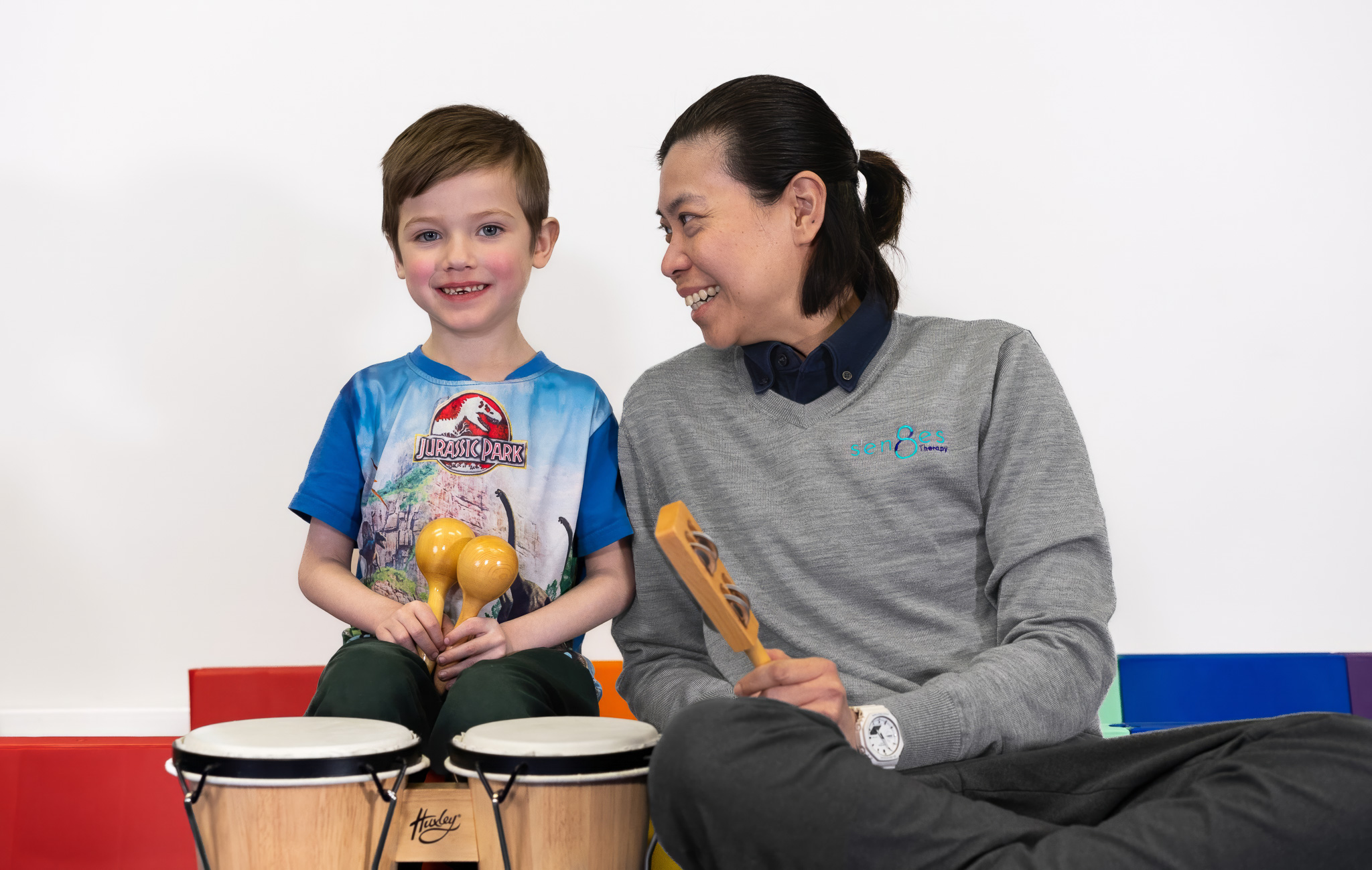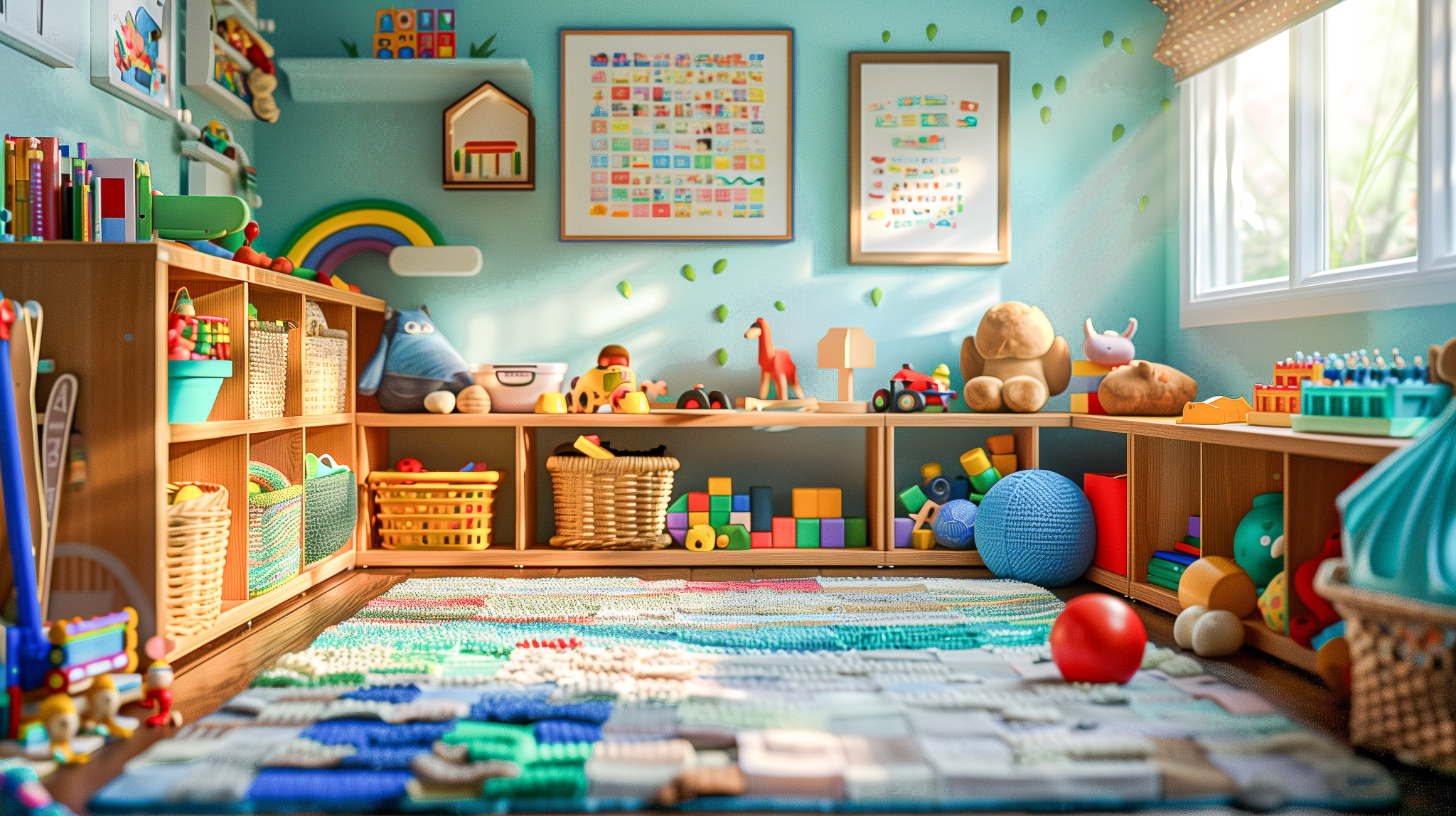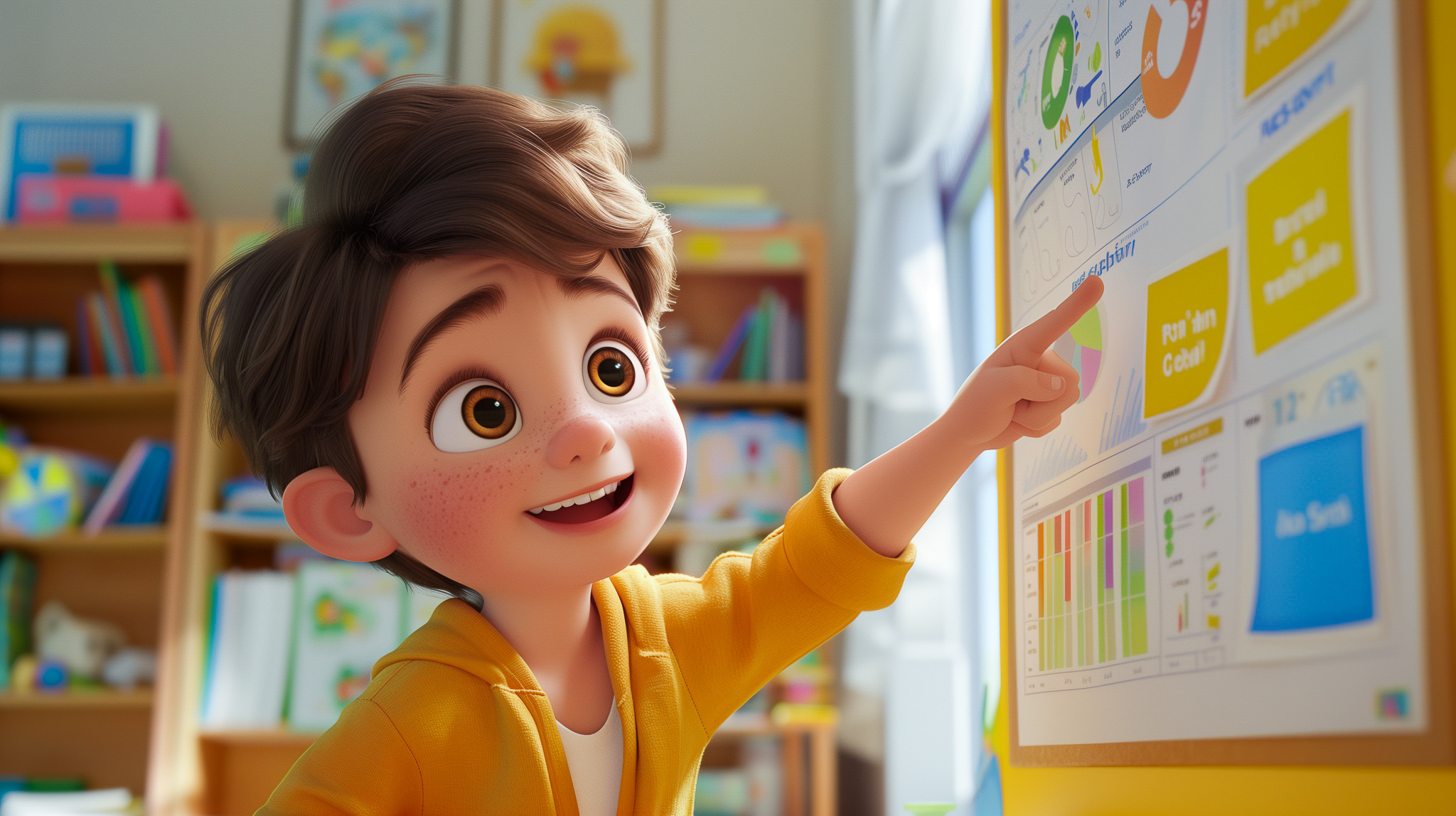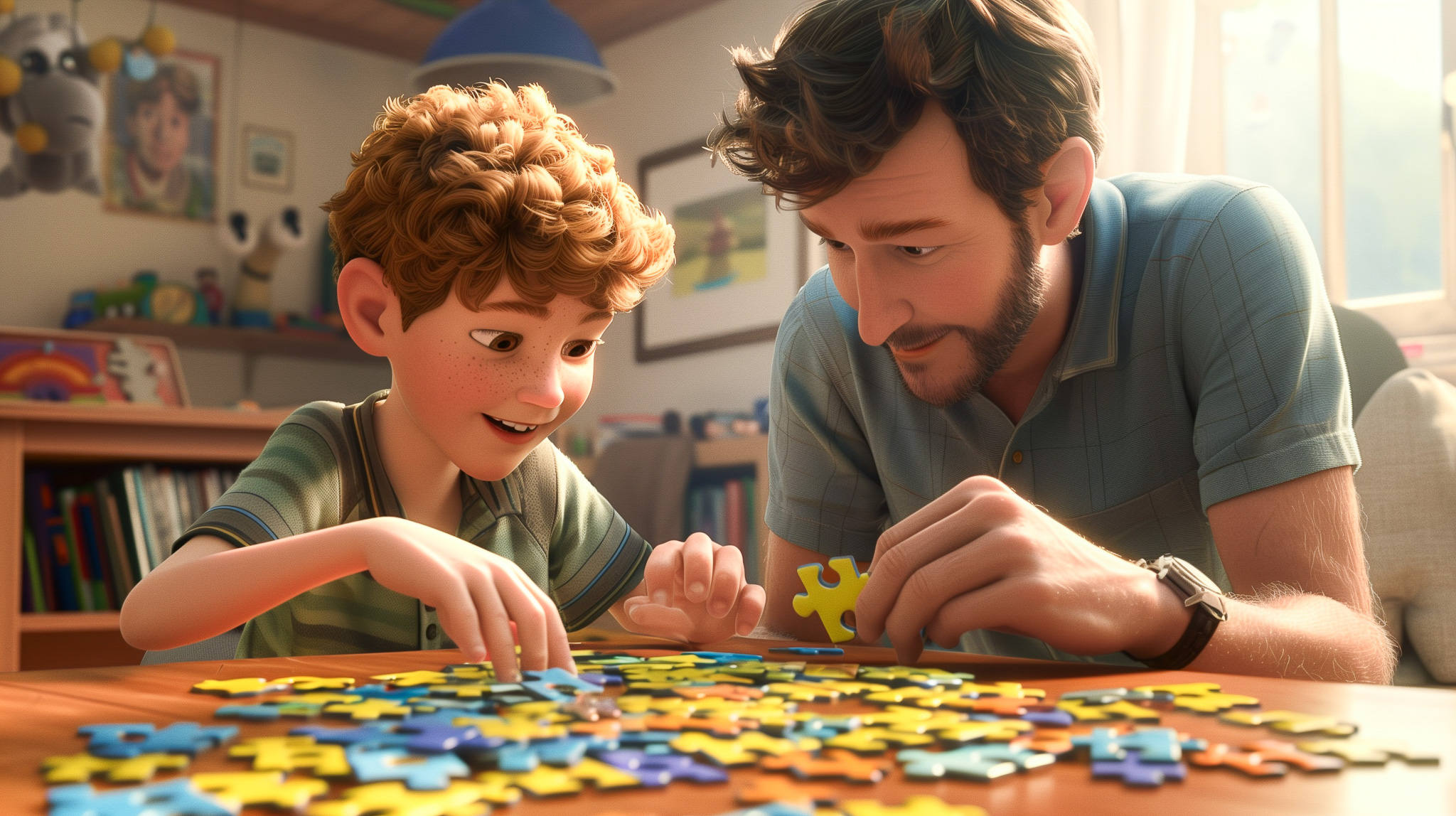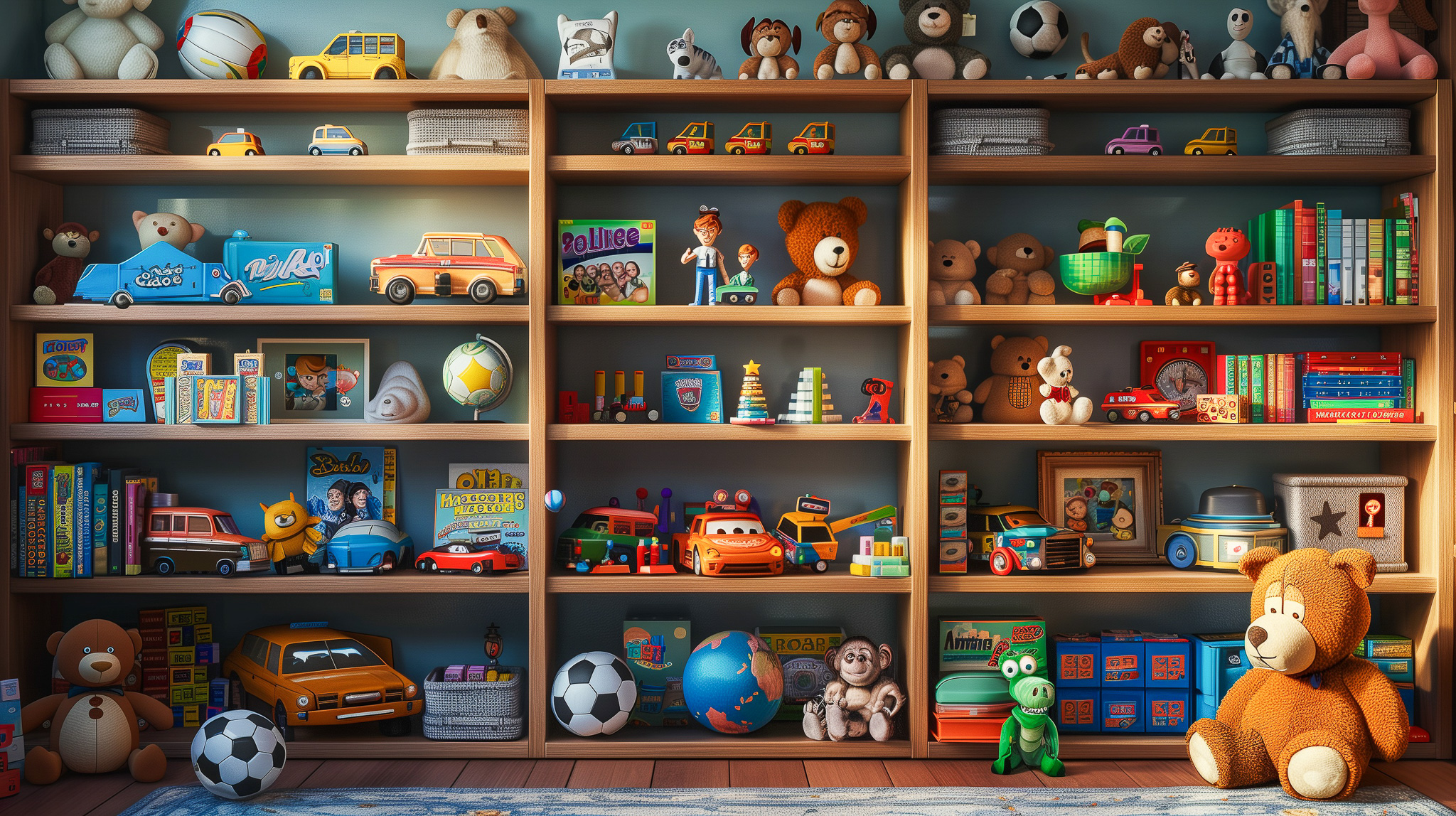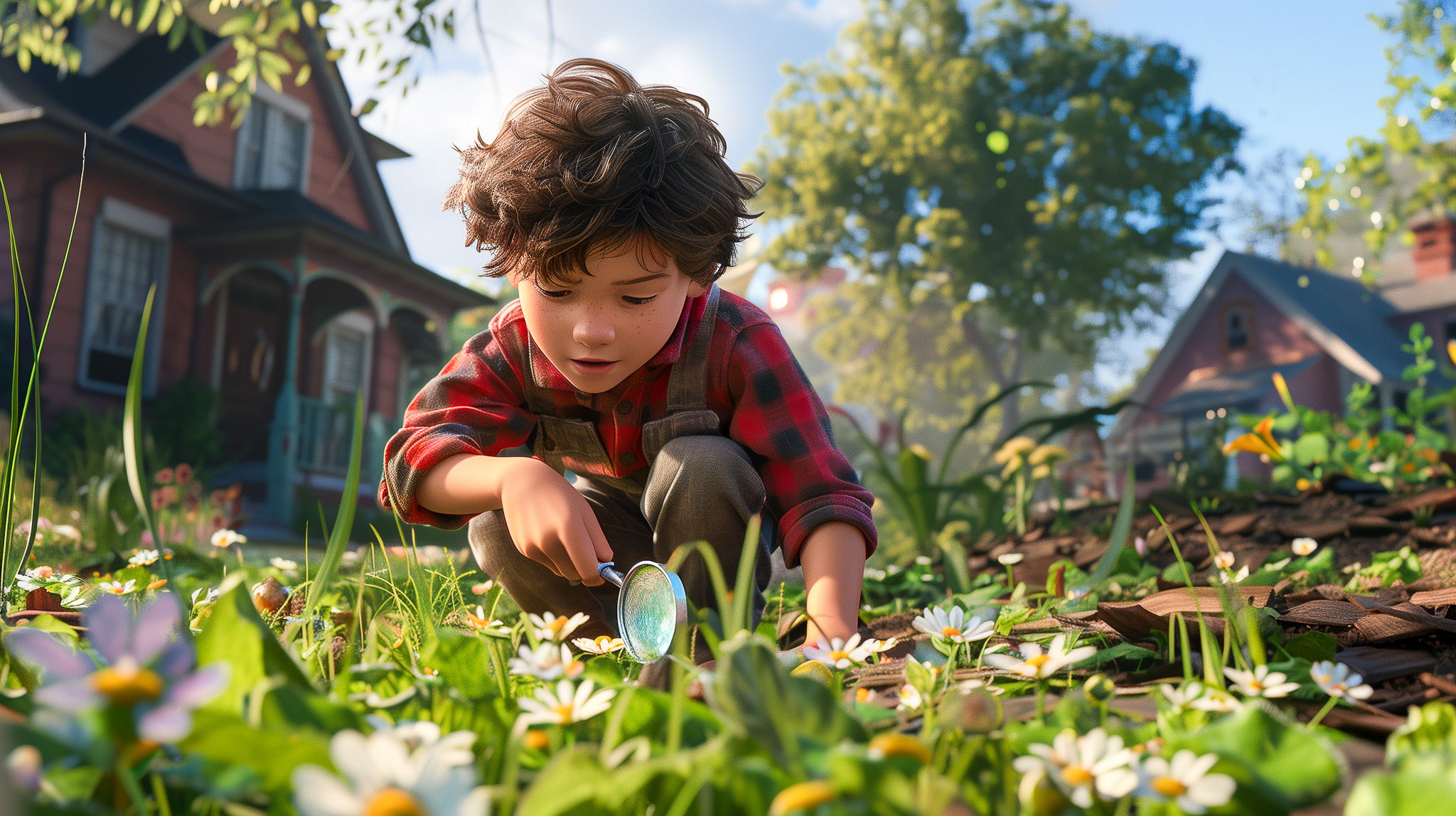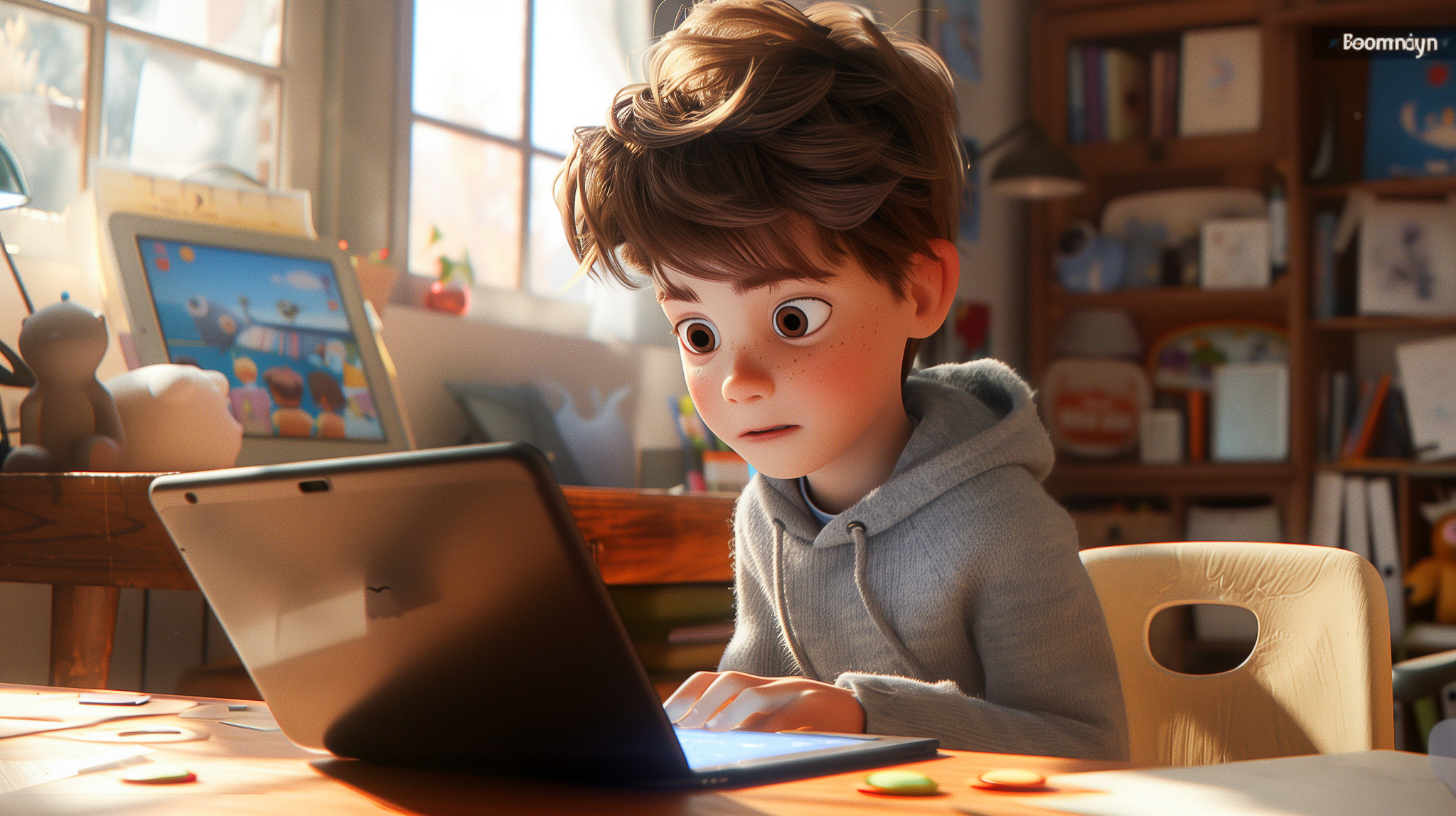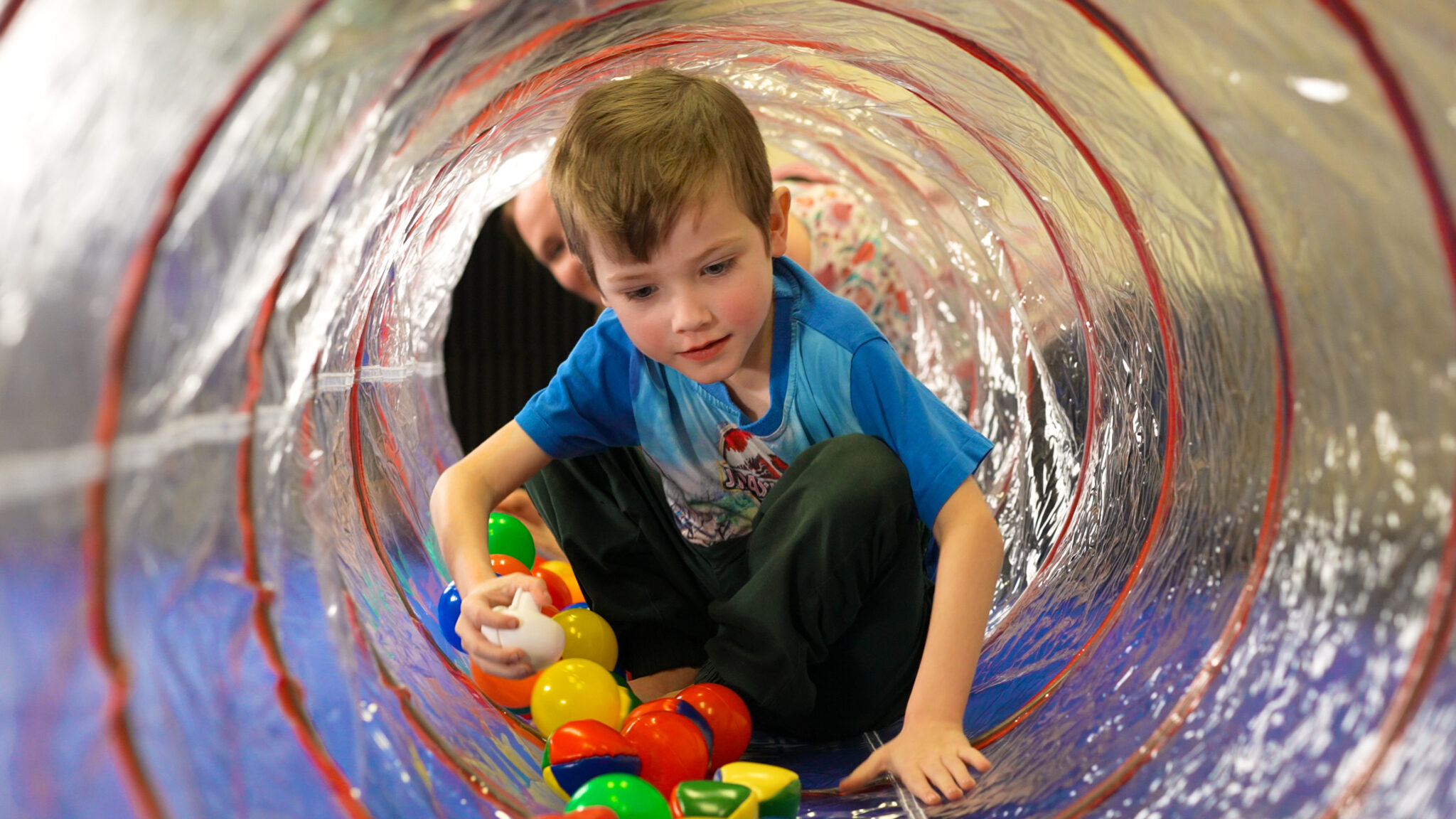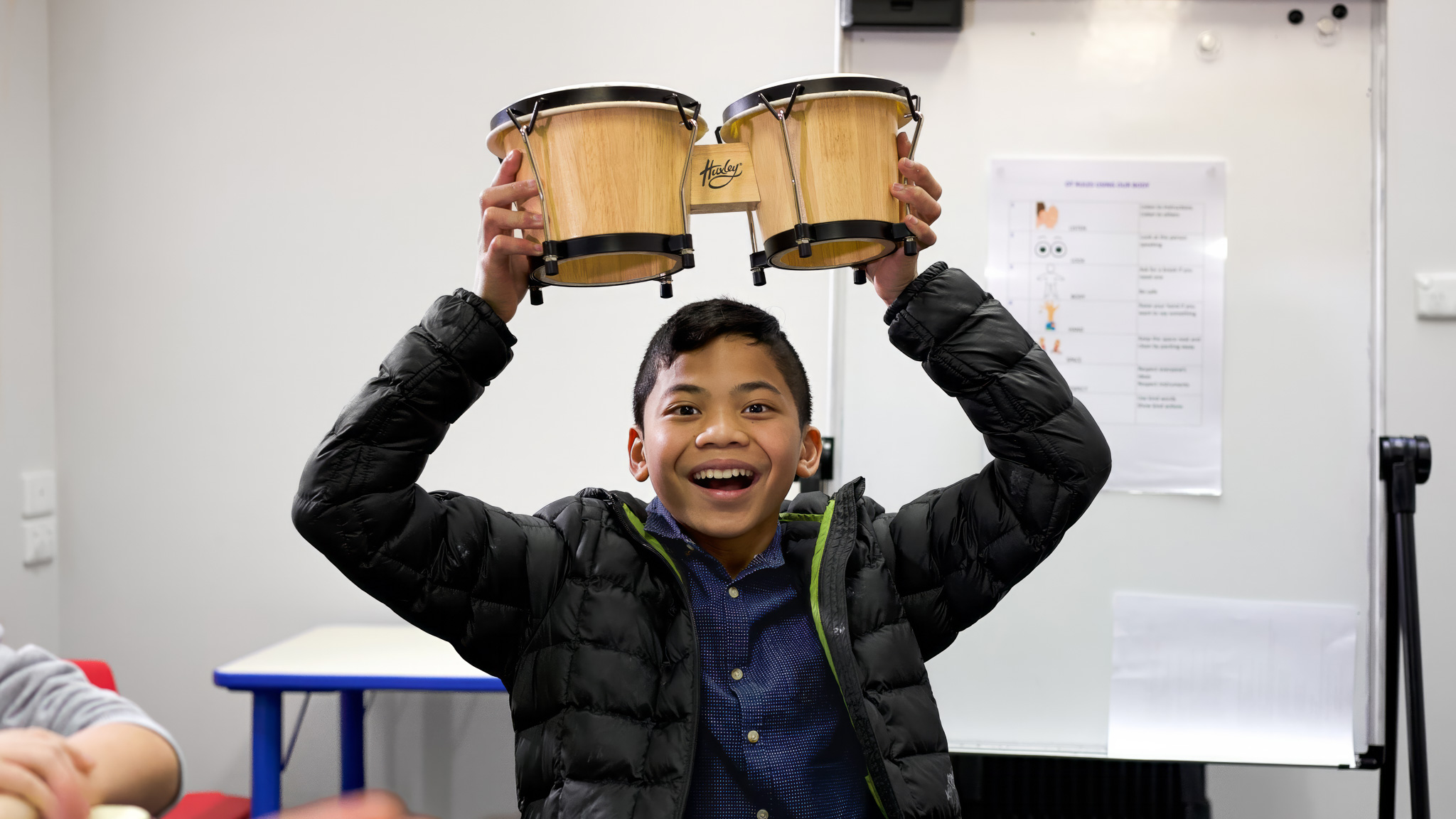Make the Most of Playtime
Tips for Parents & Caregivers
Playtime is vital in shaping your child’s mind and nurturing their creativity. For neurodiverse children play is particularly important as it helps them develop essential social, emotional, and cognitive skills in ways that are engaging and fun. Whether it’s learning new skills or simply having fun – play is the foundation of a happy and healthy childhood. Learn how to enhance your play sessions, so every moment is both enjoyable and enriching.
If you have any questions, feel free to reach out to us through the button below!
